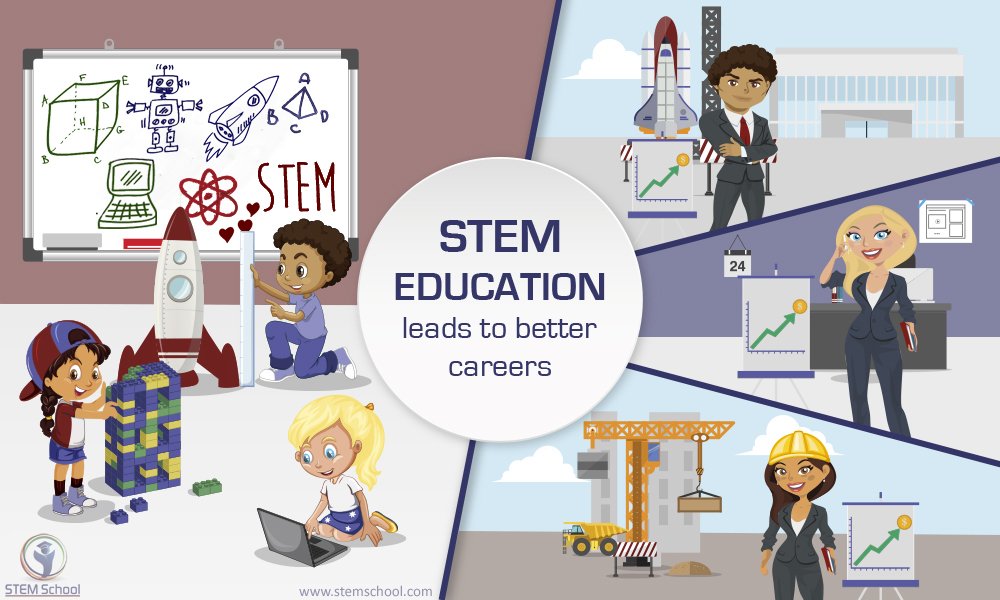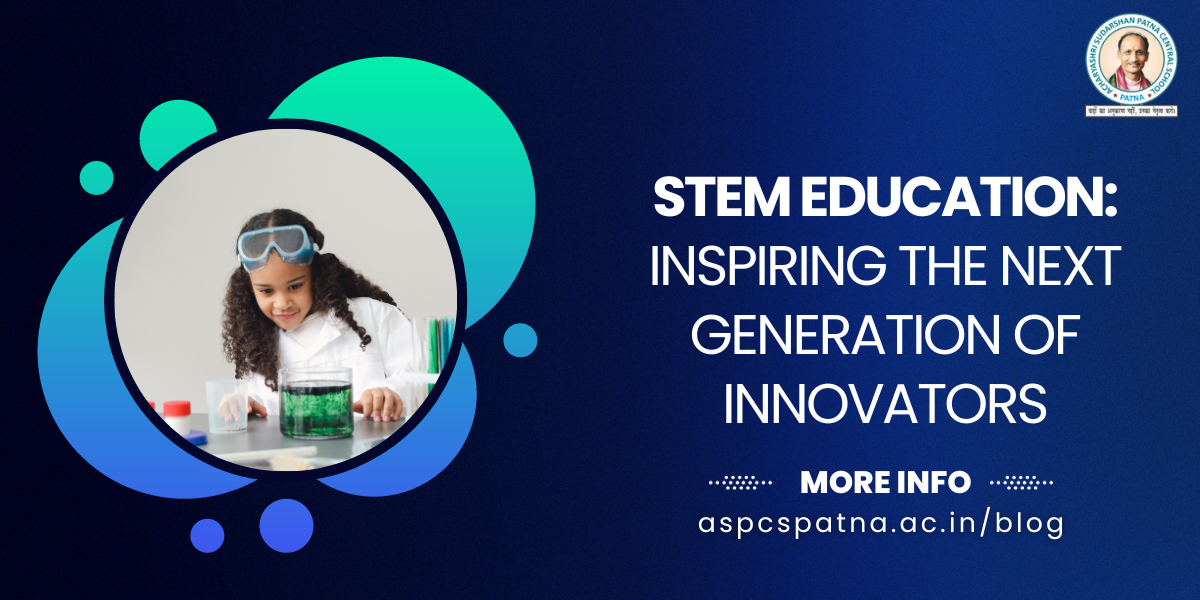Introduction: STEM Education
In an era of rapid technological advancements and scientific breakthroughs, STEM education has emerged as a cornerstone of preparing the next generation for a world defined by innovation and problem-solving.
STEM, which stands for Science, Technology, Engineering, and Mathematics, goes beyond textbooks and classrooms, offering students a dynamic, hands-on approach to learning that fosters critical thinking, creativity, and adaptability.

In this article, we will delve into the significance of STEM education, its benefits, and the ways it is shaping the innovators of tomorrow.
Read More: Tech-Driven Learning: Integration of Technology at ASSPCS
The Importance of STEM Education:
STEM education equips students with the skills and knowledge they need to thrive in an increasingly complex and interconnected world.
Here are several reasons why it is so crucial:
Fostering Critical Thinking: STEM encourages students to analyze and solve real-world problems through inquiry-based learning. This process sharpens their critical thinking skills as they seek solutions and experiment with various approaches.
Promoting Creativity: STEM education is not just about equations and formulas; it’s about encouraging creativity. Students are encouraged to think outside the box, innovate, and design solutions to challenges.

Meeting Workforce Demands: As technology continues to advance, there is a growing demand for STEM professionals. STEM education helps bridge the skills gap, preparing students for high-demand careers in fields like engineering, computer science, and healthcare.
Global Competitiveness: Nations that prioritize STEM education are better positioned to compete on a global scale. They produce a workforce that can drive technological advancements and economic growth.
Solving Global Challenges: STEM education equips students with the tools to address pressing global issues, from climate change to healthcare disparities. These future innovators will play a pivotal role in finding sustainable solutions.
Read More: 5 Qualities Of A Good CBSE School: A Comprehensive Guide
Benefits of STEM Education:

The benefits of STEM education extend far beyond the classroom:
Career Opportunities: STEM graduates enjoy a wide range of career opportunities and often receive higher salaries than their non-STEM counterparts.
Innovation and Entrepreneurship: STEM-educated individuals are more likely to start their businesses and contribute to technological innovation.
Global Perspective: STEM education promotes a global perspective, encouraging collaboration across borders to tackle shared challenges.
Lifelong Learning: STEM skills are transferrable and adaptable, making STEM-educated individuals lifelong learners who can pivot in a changing job market.
Choose the Right CBSE School for 11th and 12th
Ways STEM Education Inspires Innovation:
Hands-On Learning: STEM education often involves hands-on experiments and projects. This practical approach allows students to see the real-world applications of their knowledge, igniting their passion for discovery.
Problem-Solving Mindset: STEM students learn to approach problems methodically, breaking them down into manageable parts. This problem-solving mindset is invaluable in any field.
Team Collaboration: Collaborative projects are common in STEM education. Working with peers teaches students the importance of teamwork and diverse perspectives in innovation.
Access to Emerging Technologies: STEM classrooms are often equipped with the latest technologies and tools, giving students exposure to cutting-edge innovations.
Excelling in STEM Education: The Achievements of Acharyashri Sudarshan Patna Central School

Acharyashri Sudarshan Patna Central School‘s commitment to STEM education has propelled it to the forefront of educational institutions dedicated to fostering the next generation of innovators and problem solvers.
With its comprehensive curriculum, exceptional faculty, state-of-the-art facilities, and a culture of innovation, the school continues to excel in providing students with the skills and knowledge needed to thrive in the ever-evolving STEM landscape.
As a result, its graduates are poised to make significant contributions to the fields of science, technology, engineering, and mathematics, shaping a brighter future for themselves and society as a whole.

